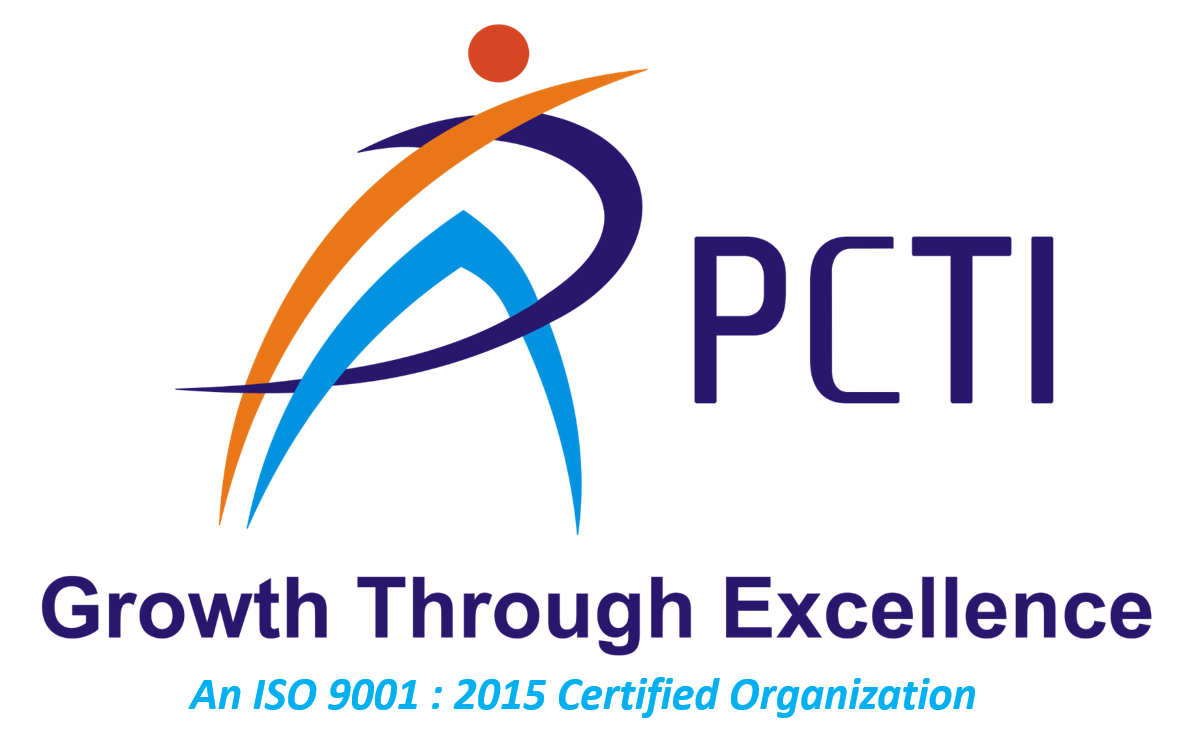Impact of digitalisation on society including india
IT’S NOT THE STRONGEST OF THE SPICIES THAT SURVIVES, NOR THE MOST INTELLIGENT THAT SURVICIES, IT IS THE ONE THAT IS THE MOST ADAPTABLE TO CHANGE
Said Charles Darwin
WHAT IS DIGITALSATION
Digitalization is the generic term for the Digital Transformation of society and the economy. It describes the transition from an industrial age characterized by analogue technologies to an age of knowledge and creativity characterized by digital technologies and digital business findings.
Digital technologies have a huge impact on society. Digitization is affecting every industry on areas like financial policy, employment and competition. Digitization is not a new phenomenon. For many years, this concept has encompassed technological developments in general, especially in information technology. The impact of digital economy is being felt in many areas. For instance, some of the services and products that were previously analogue, such as travel arrangements, music, film, translations and media are becoming digital.
Digital technology also has a positive impact on the fundamental aspects of our culture, including health care, law enforcement, art, education, mobility and religion. For example, the technological advancements in the health care industry have provided doctors with the opportunity to treat patients in a virtual environment by using mediums like video conferencing. Video conferencing also plays an important role in the legal environment. It enables judges to listen to the cases of criminals who cannot enter courtrooms because of security reasons.
DIFFERENT ASPECTS OF DIGITALISATION
-
u For example, the term digital transformation describes the gradual transition of existing economic and social systems into the digital age.
-
u The term Digital Disruption describes the radical changes triggered by innovative digital business models.
FIELDS OF DIGITALISATION
In recent years – since around the year 2000 – various digital technologies (mobile Internet, artificial intelligence, Internet of Things, etc.) have been drastically further developed and have made the transition from expert application to people’s everyday lives.
-
Just as the innovation of the steam engine and the spread of electricity have changed society, so has digitalization changed the economy and society.
-
Digitalization is technology- driven. Digital innovations are created on the basis of the new digital technologies: Innovative use cases driven on the one hand by established companies and on the other by start-ups and venture capital.
-
This leads to a digitalization of different public administration to use paper documents and working with files on their web portals, markets are also changing much faster. The music and media industries were the first to experience the effects of digitalization. The retail industry followed.
New technologies as artificial intelligence and the block chain will continue to completely change business models and companies until 2040.
-
Digitalization in the company is a topic for top management. The Innolytics® innovation management software helps companies to drive digital change. Within a company, different innovation networks can be founded and managed, which systematically advance digitalization within the company.
-
Digital Marketing Services also helps people become more efficient and this leads to increased productivity.
-
Technology also enables us to save time and money. It has also worked well in uniting the world and transforming it into a digital village. This in turn assists people to overcome their racial, cultural and continental barriers.
-
India has introduced various Digital platforms for its citizens – MYGOV, NREGA- SOFT, PAYGOVINDIA, PRADHA NMANTRI JANDHAN YOJANA, SMART CITIES, ESANPARK, PASSPORT SEVE PROJECT, SHALA DARPAN, AADHAAR,DIGILOCKER, AROGAYA SETU
NAGATIVE IMPACT OF DIGITALISATION ON THE SOCIETY
-
Digital technology also has a negative impact on society. For instance, advancements in digital technology often lead to destruction of creativity. The introduction of new technologies can also impact the economy in a negative way. For instance, television can consume several productive hours that people have in a day. The long term consequences of digital technology are not always foreseeable.
-
In a conclusion Digitalisation means using online technologies to improve services for people and business. It also means using data and technology to redesign how government works. We will use data and technology to rethink how we deliver value, how we operate and our organisational culture.
-
.................If you don’t learn Digital skills of the 21st Century, adapting to the future challenges will be difficult for you. Start reinventing yourself today, otherwise you risk becoming irrelevant in the future technology.
Shema Foustin

